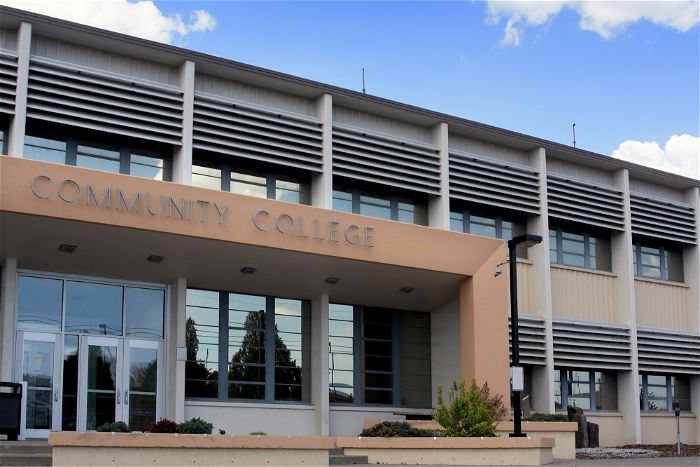Next up, Janet Spriggs talks about why state and federal funding streams should be used for holistic support. Forsyth Tech used local, state, and federal funds to launch Forsyth Tech CARES, a comprehensive approach to connecting students with a network of resources and support services, such as emergency aid, food, transportation, and legal assistance. In closing, Cynthia Olivo discusses Pasadena City College’s commitment to embedding diversity, equity, and inclusion in hiring and professional development for its faculty and staff members, ensuring they have the cultural competency to recognize and address the holistic needs of their student population.
Key Commitments for Colleges from the Policy Leadership Trust
Although the road to a more equitable society is long, maintaining our optimism, energy, and drive helps create policies and incentives to accelerate change. Last year, JFF’s Policy Leadership Trust identified five commitments community college leaders can make to close equity gaps to education and economic opportunities, and reform long-standing structures in higher education.
How to Listen to Episode 4 of When Policy Meets Practice
Tune in to the fourth episode of JFF’s When Policy Meets Practice podcast to hear Paul Fain talk with Michael Baston, Janet Spriggs, Cynthia Olivo, and JFF’s Michael Collins and David Altstadt about advancing equity. The episode is now available on JFF’s SoundCloud or on your favorite podcast platforms, using this shortcut.
You can find each episode in the Jobs for the Future feed in your favorite podcast app starting at 5:00 a.m. ET every other Monday. Be on the lookout for Episode 5, which will be available starting August 16. It will feature a conversation in which Paul Fain and his guests examine how policies sometimes create disincentives for accelerating pathways toward college completion.







